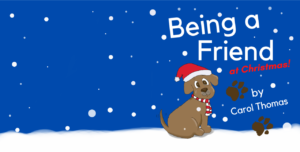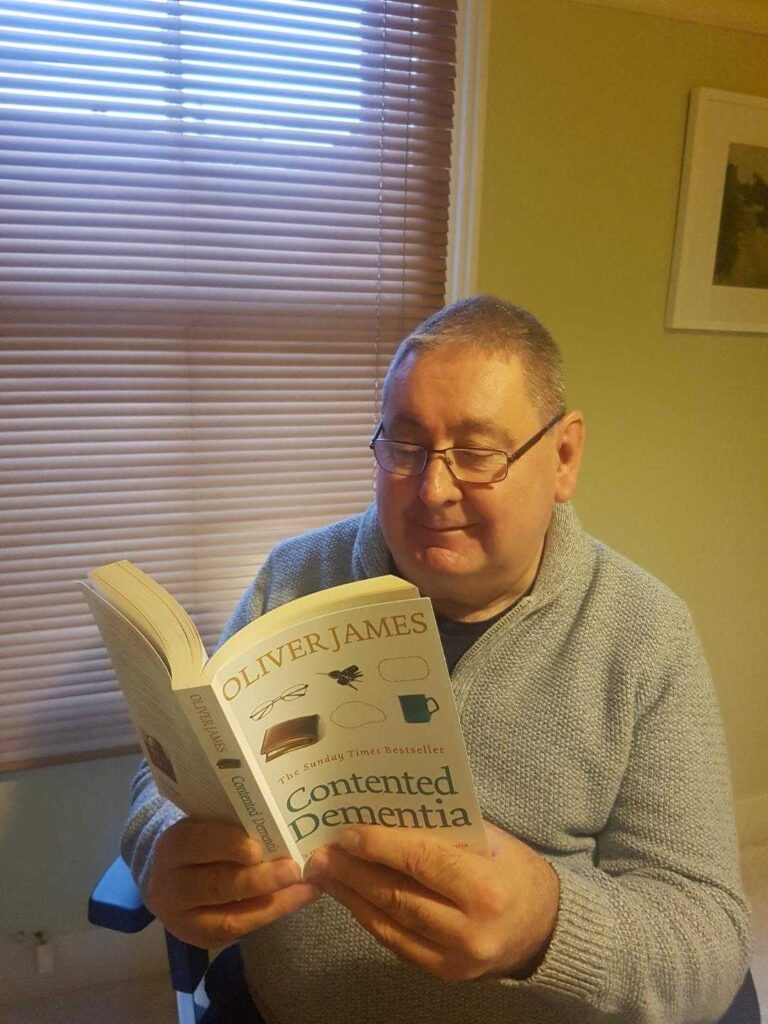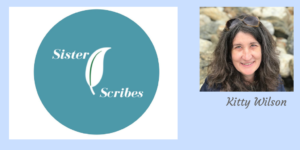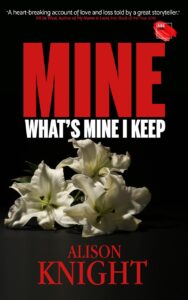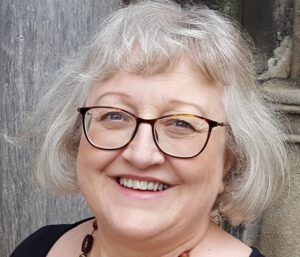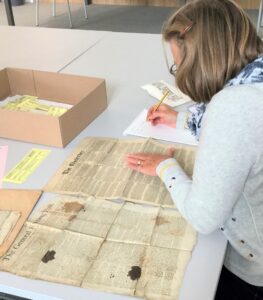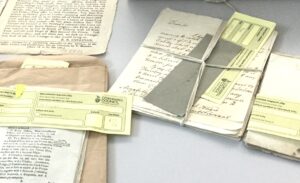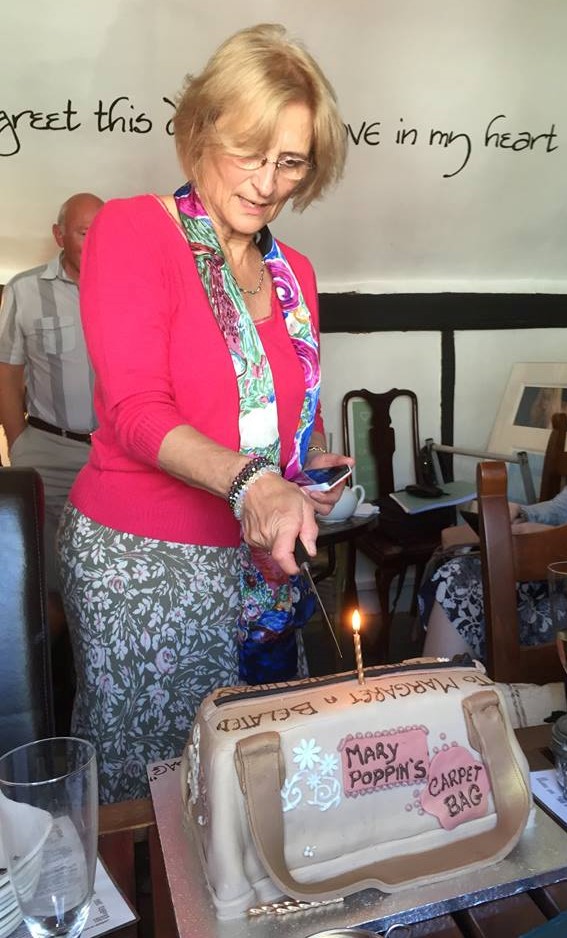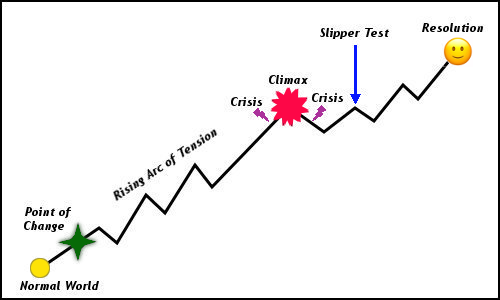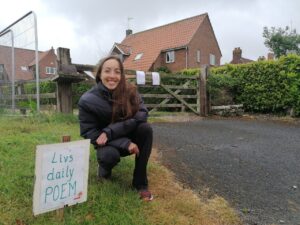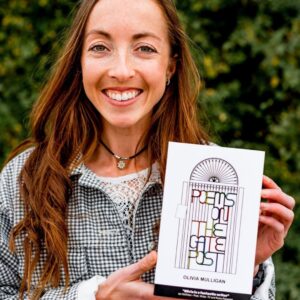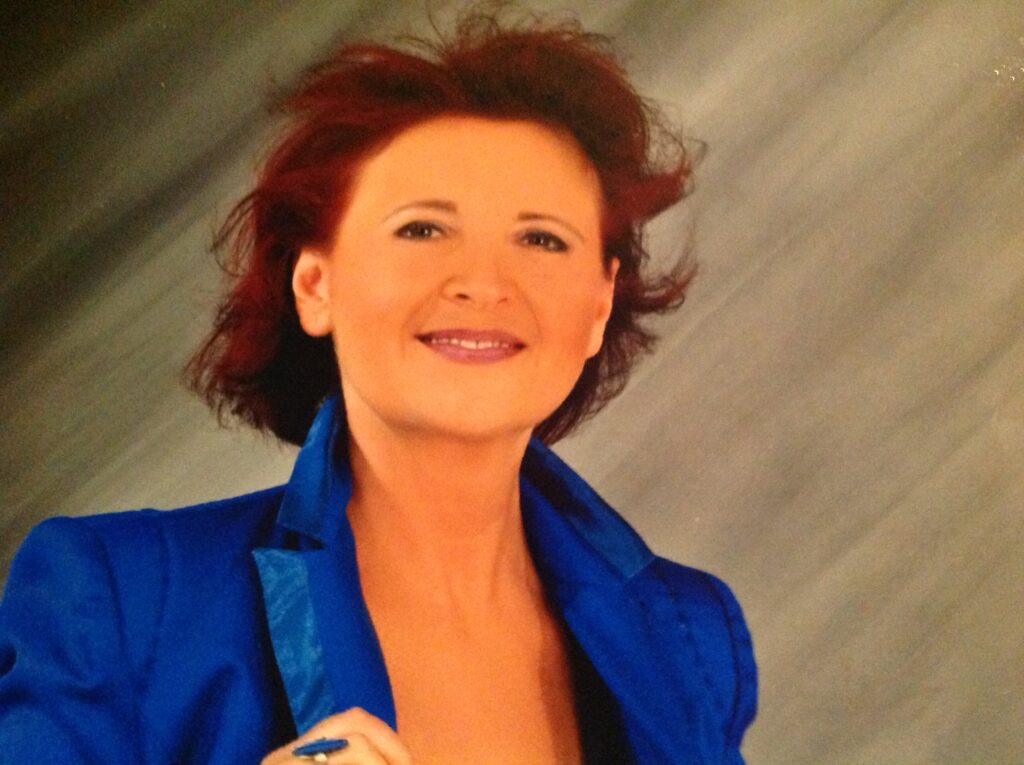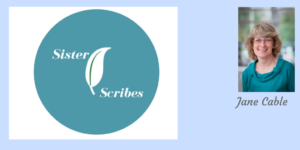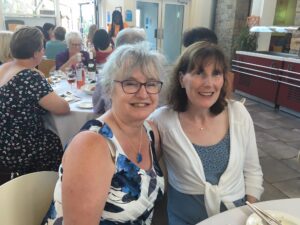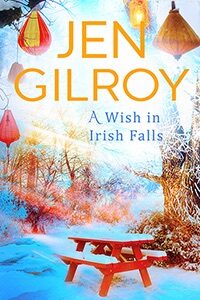In a year where kindness and thinking of others have been brought to the fore, I am delighted to be chatting to Carol Thomas about the release of her latest children’s book, Being a Friend at Christmas. You may be more familiar with Carol as a romance writer, but her children’s books are wonderful too.
In this, the second in her Little Pup series of books, Little Pup is looking forward to his first Christmas in his new home, but he also remembers the dogs he left behind in the shelter and wants them to have a happy Christmas too. Little Pup has an idea, but he needs Father Christmas’ help to make his wish come true.
I love the premise of the book and the fact it carries a message of thinking about others, what inspired you to write it?
Having seen Little Pup settle into his forever home in the first book, I couldn’t resist revisiting him at Christmas. I had the idea for the story soon after writing the first. As a teacher and a mum of four, I think children are good at grasping concepts, such as empathy, kindness and generosity, from the books they read. Stories can be enjoyable and fun, as well as inspiring a conversation, and I believe that’s what this book does.
I know you illustrated the book too, which do you prefer illustrating or writing?
Writing definitely, but I did love drawing the pictures for Being a Friend at Christmas. I drew them during lockdown while homeschooling my son and supervising my two high school aged daughters with their studies. It was quite therapeutic. I love dogs, so bringing Little Pup to life was a lot of fun.
How did you manage to keep the creativity going during lockdown?
There are five of us at home, and it was actually lovely to find our own rhythms for the day. We started work at times that suited us, went for walks, and did things like sit down and eat together – something usually prohibited by getting to various after-school clubs. I think focusing on those positives and not putting pressure on ourselves really helped.
I wasn’t the only one who got creative in our household, either. My daughter started making bracelets, earrings, bead art and keyrings and opened an Etsy shop. She’s had some lovely, positive feedback and I think it’s great to see a teenager being creative and using their initiative. You can check out her crafts here: https://www.etsy.com/uk/shop/RedDaisyCrafts
As people turn their attention to buying for Christmas, I am sure they will make great stocking fillers, as will your book.
Thank you. I hope so. I love to share Christmas stories with my own children and hope others feel the same. There is something very special about sharing a book, and snuggling up in the winter months complete with pyjamas, slippers and a heartwarming story; it’s is a real treat!
And with being a friend and thinking of others in mind, between now and Christmas, Carol is raising funds for Angel’s Garden, dog shelter, in Xanthi, Greece on all purchases of Being a Friend at Christmas, made from this link: https://www.carol-thomas.co.uk/blog-dogs-at-christmas/

